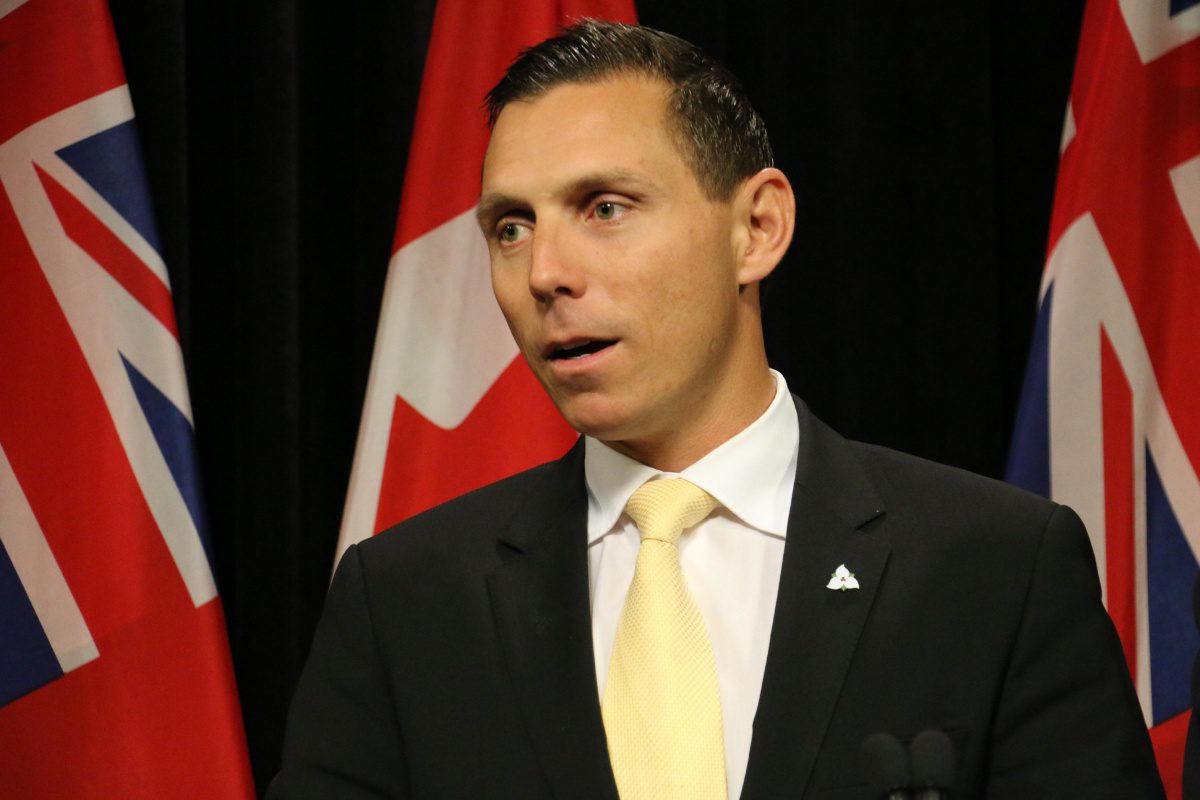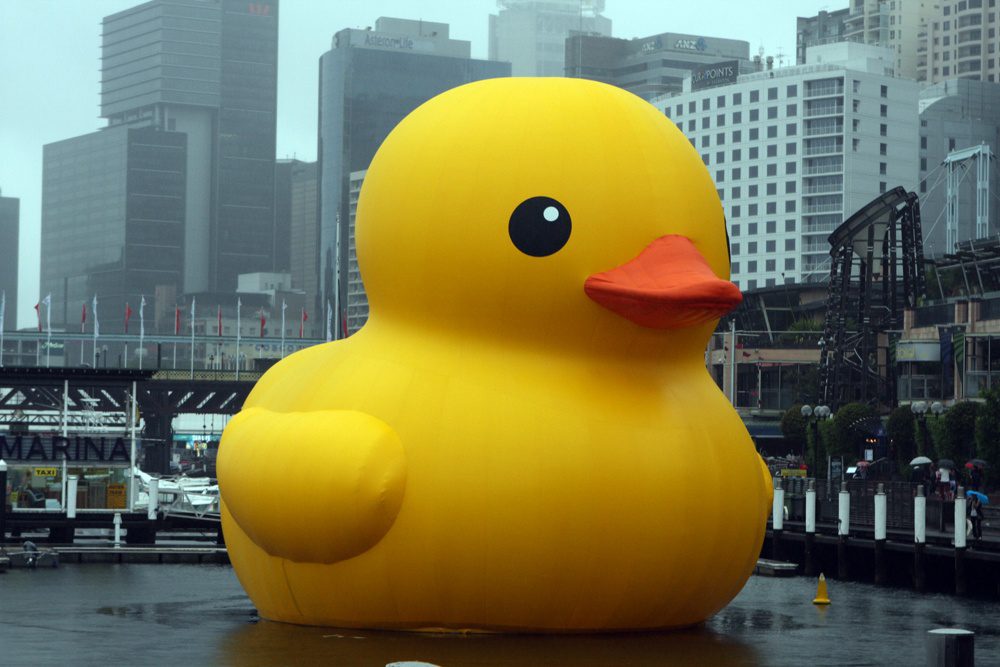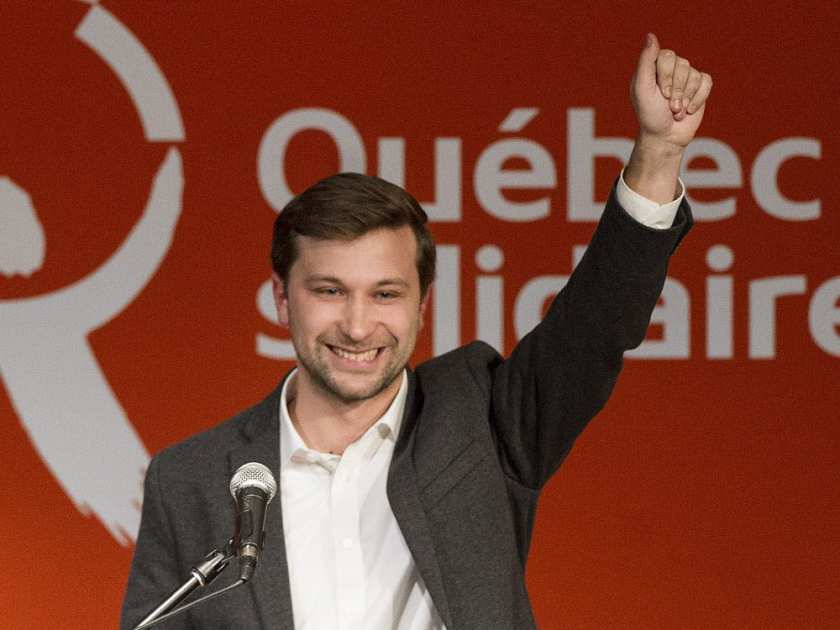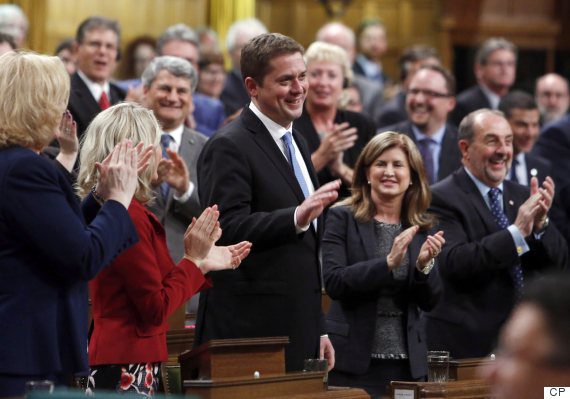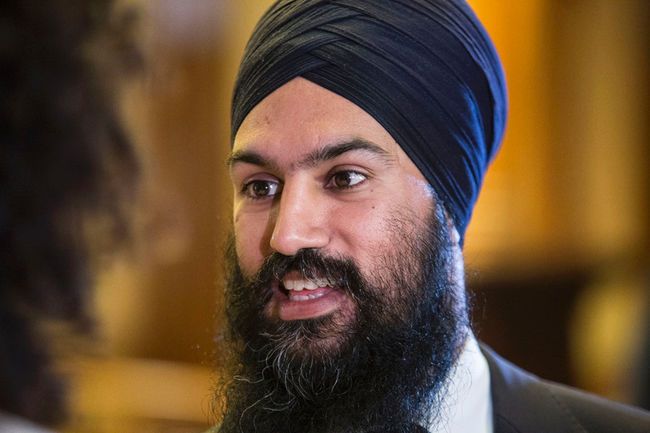By now it should be quite obvious that the PC Party of Ontario regards its own base with suspicion at best and hostility at worst, as much of a threat to their hopes of forming government as Kathleen Wynne herself.
This attitude has informed the kind of behaviour we've seen from the party during the Ottawa West Nepean nomination controversy and countless other kerfuffles, flipflops and screw-ups over the course of the long sad period in which they've spent in opposition.
The pattern is always the same. Someone feels like they're getting the short end of the stick. The party stonewalls and implies that that person is not being "part of the team". The person, who has invested significant time and effort in the cause, has a public freakout. Complications ensue. Rinse and repeat.
The party laments aloud that their allegedly impossible to please base makes it hard to trumpet their successes, such as a historic by-election victory in Sault Ste. Marie, or to torment the government with fowl puns about the quack-mire that arose when friends of a feather goosed the Ontario Liberals with a DuckTale (woo-hoo) about a giant yellow rubber bath toy costing in excess of 100K which in an additional flip of the bird was alleged to be counterfeit.
But no matter how many times this sad wheel turns, nobody has been bold enough to allege that the party is deliberately shooting their own foot soldiers. Except me, of course.
The evidence is right there, even if nobody wants to acknowledge it.
First we have the well-worn Flanaganite maxim that it is a good thing to have the more "radical" elements of your base in open revolt against you, because this is somehow supposed to convince moderate voters that you aren't as crazy as you seem.
Tom Flanagan never advocated deliberately kicking these beehives, but this is just one of the many examples of the CPC turning a successful strategy into a dead horse, just like the over-reliance on boutique tax credits and Harper pounding the ivories every time there was a spare moment to do so.
Another misapplied lesson from the Harper era is the heavy handed approach to nomination meetings, to the point where it seems to be standard operating procedure.
Conservative parties in Canada have good reason to be concerned about wing nuts spouting off and hurting the party's chances. But even when Harper was at his most controlling we weren't getting reports of egregious bigfooting every other month the way we are with the PC's.
Which brings us to the other bit of recent rough news for the PC's the end of Jack Maclaren's tenure with them as an MPP.
If Patrick Brown had simply wished Maclaren well in his new role as a sitting member for the Trillium Party, he could have remained above the fray and made the controversial ex-Landowner look like he was taking his ball and going home. That's certainly what Harper would have done. Heck, it's what Harper did.
Instead, Brown came off as if he was desperately seeking the approval of Liberal voters and that firing Maclaren at this point instead of at the first opportunity like they would have wanted would somehow get them to toss him a bone.
P-Bizzle may have wanted to whip his voters and MPP's in line, but all he did was give the impression that he considered them disposable.
This is doubly clear given that he's not nearly as aggressive towards Kathleen Wynne as he is to those within the PC fold that he perceives to be disloyal.
But the clearest bit of evidence that the party establishment is deliberately targeting its own members is that the members are allowing them to do it. Though they complain, they accept the premise, promulgated by the party and the Liberals, that if they speak out, they are disloyal and are responsible for any subsequent misfortunes the party suffers.
It's also why so many other PCPO "loyalists" are willing to excuse the party's behaviour. Like their "disloyal" comrades, they "know" that the only thing standing between the party and sweet, sweet power is loose Tory lips.
Here's the problem, though: If Patrick Brown excommunicates everyone who he sees as disloyal, and he STILL loses, what then? Who will the party blame for its failure? The media? Third party groups?
It would, of course, be "disloyal" to suggest they need to look in the mirror, but when has that stopped me before?
Written by Josh Lieblein



